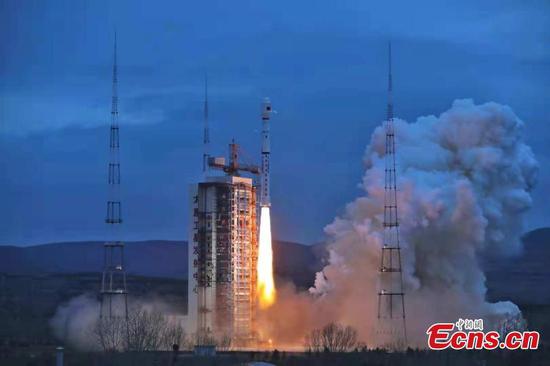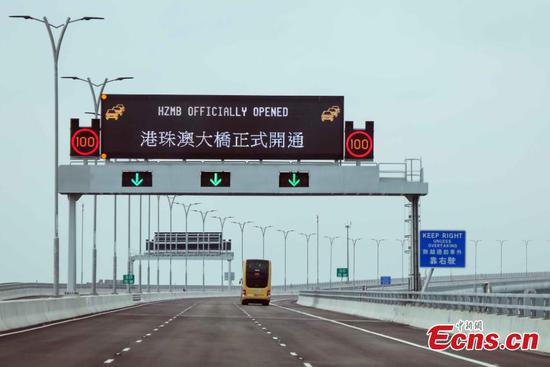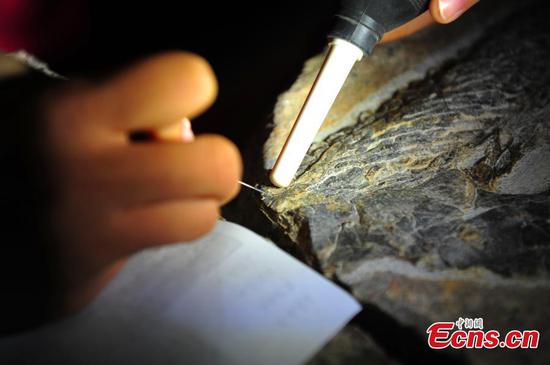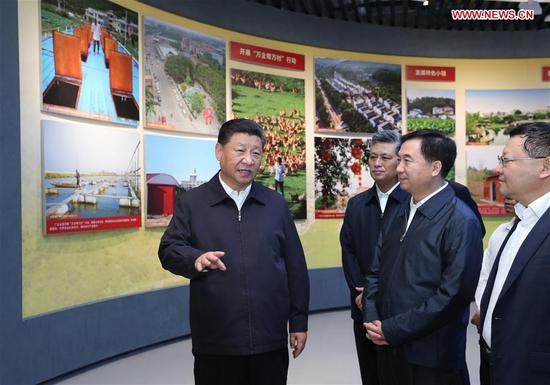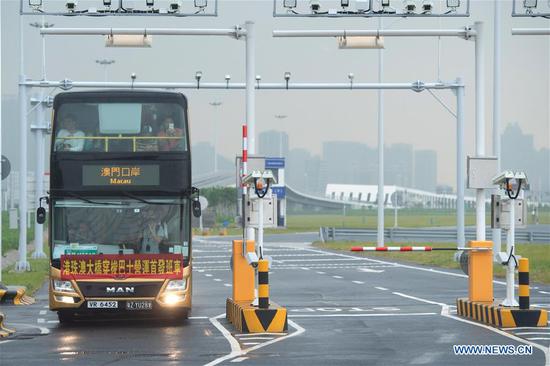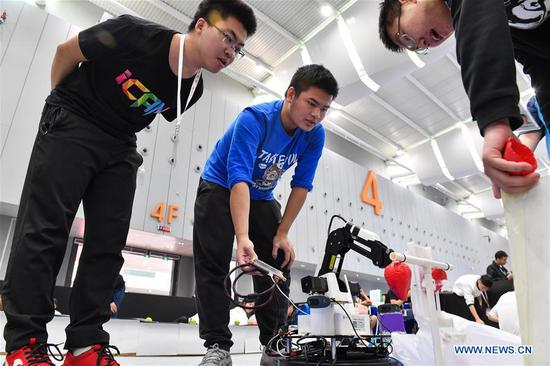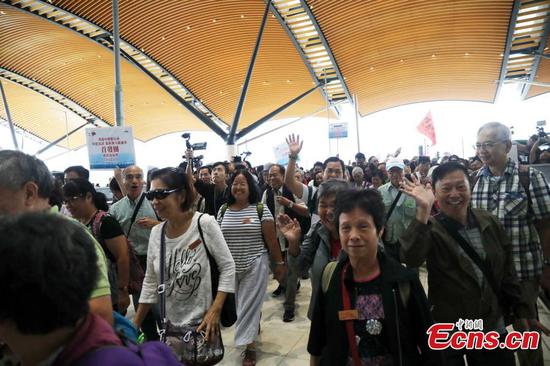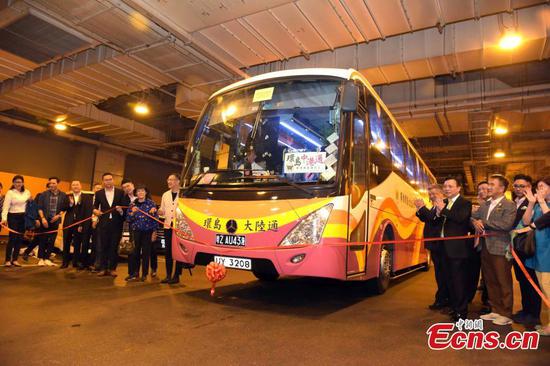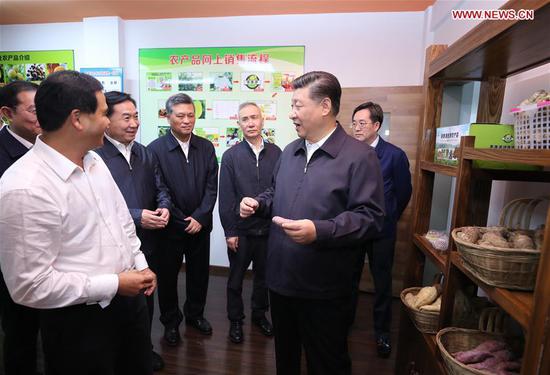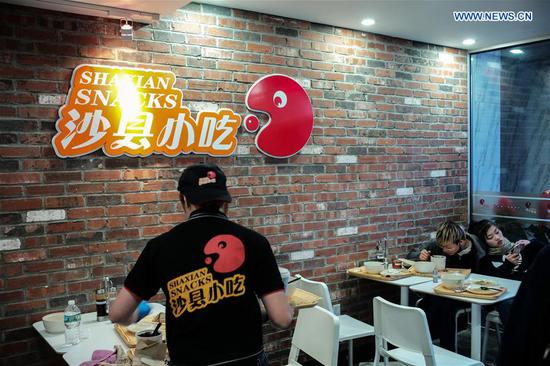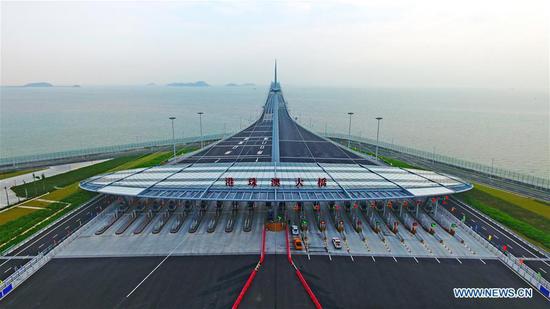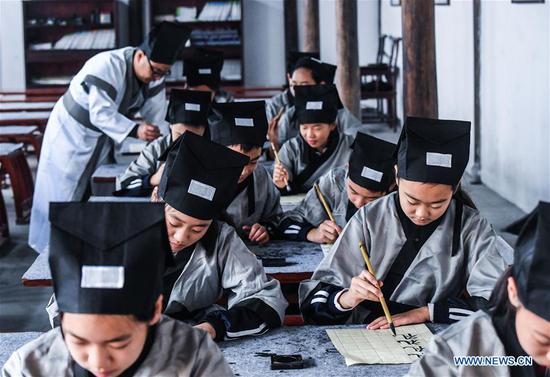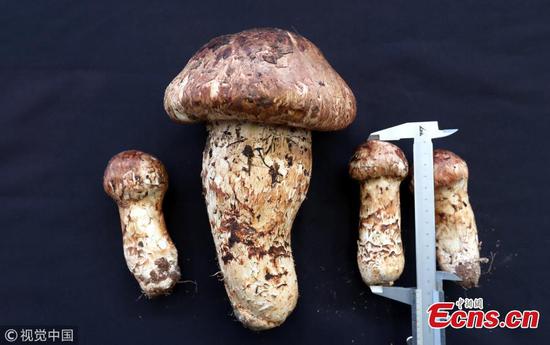
3A grain-fed beef of Cargill (Photo: Courtesy of Cargill)
U.S. companies determined to cling to Chinese market despite trade tensions
U.S. President Donald Trump's efforts to bring jobs from China back to the U.S., including the ongoing trade conflict with China, don't seem to be working.
Instead of reducing their dependence on the Chinese market or even giving up on it, many U.S. industrial giants are either speeding up investment in China or reaching out to new potential customers in the country.
One sign is their active participation in the China International Import Expo (CIIE), which will be held in Shanghai in November.
Based on information the Global Times has obtained so far, the U.S. companies that have confirmed their attendance range from food producers and makers of common chemicals to carmakers and high-technology enterprises. Many of them are well-known brands among Chinese consumers.
U.S. food ingredient supplier Cargill will bring a range of products - including beef, cocoa, chocolate, edible oil and other goods - to the CIIE, which it sees as a good chance to showcase its determination to cling to the Chinese market.
"In the process of its development, Cargill has witnessed many changes in markets and in government policies. No matter how the international market fluctuates in the short term, the company won't sway in its support for free trade. Neither will we change our emphasis on or confidence in the Chinese market," Cargill's China President Liu Jun told the Global Times on Tuesday.
Liu added that the U.S. is a sizable market, but it still lags behind China in terms of growth.
He disclosed that this year, the U.S. industrial giant has invested "hundreds of millions of dollars" to expand in China. Cargill also plans to further increase investment in the nation in areas such as animal protein and edible oil.
Some U.S. companies are also eyeing the growing demand in China for high-technology products.
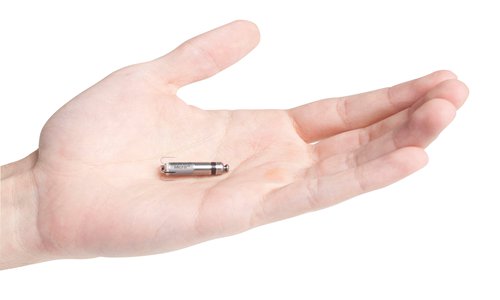
U.S. medical technology company Medtronic, for example, will present medical instruments with cutting-edge technologies like the world's first wire-free cardiac pacemaker, at the upcoming CIIE.
"China has vast potential demand for medical treatment. In the long term, China must be Medtronic's biggest market in the world," Alex Gu, Medtronic's senior vice president and president of Greater China, told the Global Times in a recent interview.
He added that the company will build a large clinical training center in Chengdu, capital of Southwest China's Sichuan Province, which will be bigger than the current one in Shanghai.
The U.S. companies' efforts to increase investment in China come at a time when the Sino-U.S. trade dispute is fermenting.
Trump has also said that the trade dispute will bring jobs back to the U.S., a Financial Post report noted in September.
Chen Fengying, a research fellow at the China Institutes of Contemporary International Relations in Beijing, said that the increased tariffs that China and the U.S. imposed on each other's products will actually prompt some U.S. companies to set up manufacturing bases in China, so that they don't have to make the products in the U.S. and export them to China.
In a sign to show the shift, U.S. electric car maker Tesla acquired a site in Shanghai for a factory on October 17 only three months after signing a deal with city authorities.
"They will make the products locally in China and sell them to local customers to bypass the tariff barriers," Chen told the Global Times Wednesday.









